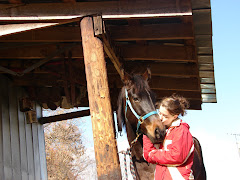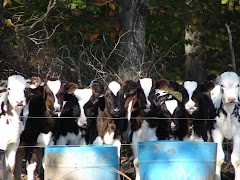“When class resentments surface, those in a position of power encourage a criticism aimed downward-at the poor- increasingly the scapegoats for people’s economic frustrations.” I think it is important to be aware of different social classes, and be aware of how you act around them. Especially in the education industry, it is important to look at everyone the same no matter race, gender, or social class. This is definitely a problem I have seen in a classroom. I was a 2’s teacher at a higher end daycare for 4 years. And there would be certain children that we were not allowed to call out as in trouble, because their parents contribute a lot of money to the daycare because they are very well to do. While it is okay to point out and tell another lower class child that they did something wrong. I found this completely absurd! As seeing this in action I never want this in my classroom. I want a fair advantage to everyone no matter the social background.
I found it kind of depressing in Zandy’s thought that even today it is very hard to move up in a social class. She mentions that “there is some mobility between classes and it is possible to be born in one class and acquire great wealth later in life (but not likely).” The way that life and the world is evolving it is hard to believe we still can’t find a good way for hard working people to climb in ranks. Although I do think it is possibly to better your life but to completely jump classes is almost impossible with out hitting the lottery or some sort of crazy luck. So it is important to apply different teaching methods to meet the needs of all learners and to treat and expect the same from everyone, regardless of anything physical or background. Zander says it best when she states “our knowledge is a very powerful ‘sword’ and our decisions will affect other people’s lives, and that we need to be careful in how we make our decisions.” If you expect the same from all students they will be more willing to give you more in return.
Another quick point I want to bring up is from Allison’s chapter she mentions that at one point in her life, age 13, she wanted to run away and start all over with nothing from her previous life. I find that horribly sad. I want my children in the classroom to feel like they can at least accomplish and feel proud of their work while in school. Although we really don’t have a lot of effect outside school, we can make them feel comfortable and accepted while in school. They are with us for most of the day anyways. That why I think being aware of the way we say and do things towards people needs to be watched, because some students are more sensitive than others, and some come from backgrounds we cant imagine so it is important to be aware of our attitudes and actions in side the classroom and be aware of students actions as well.
Subscribe to:
Post Comments (Atom)



1 comment:
Your tale echoes other stories I've heard and read about. It is a younger version of what happens later in school - affluent parents push to get their kids into the "right" classes (with the right teachers, or the right academic tracks.) I hope you don't experience the pressure to conform to certain parents' wishes over others in your time as a teacher because it is a very real phenomenon.
Post a Comment